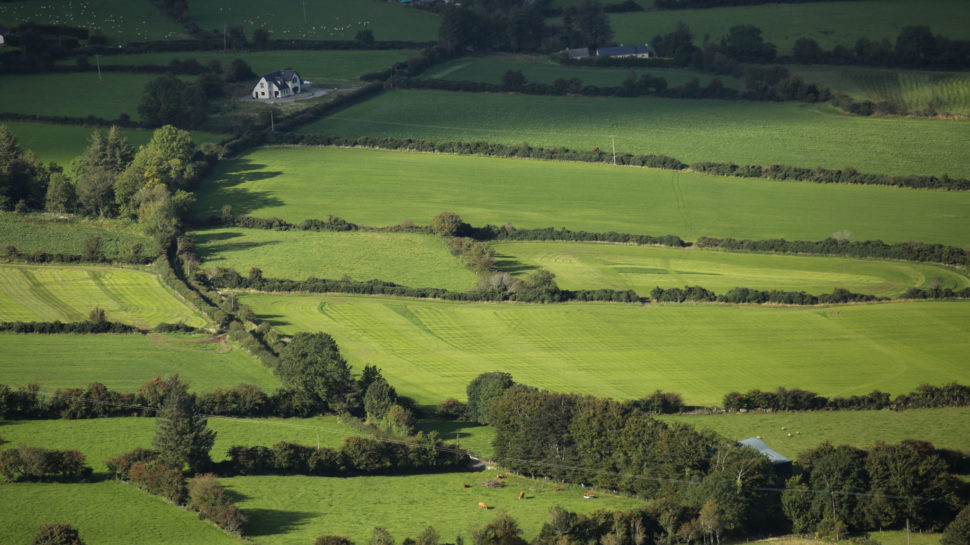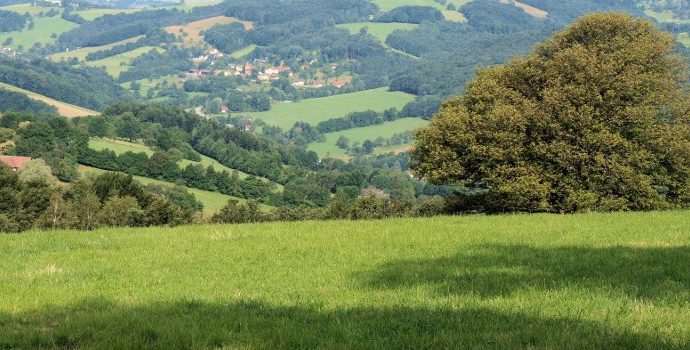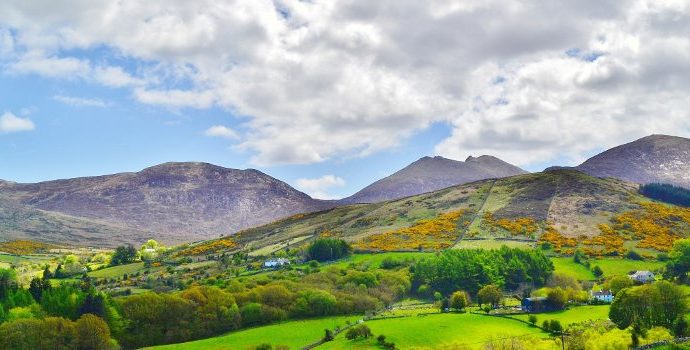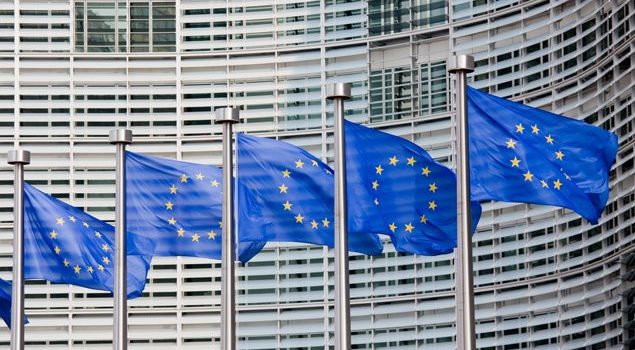EU Methane Strategy to Address Methane Calculations and Measure Carbon Sequestration on Farms Welcome

Reacting to the publication of an EU strategy to reduce methane emissions IFA National Environment Chairman, Paul O’Brien said that it was correct that the EU would set up an expert group, in the first half of 2021, to analyse the life cycle of methane emissions.
“The science in this area is evolving. Research by Oxford University led by Myles Allen has demonstrated how the current methodology used to calculate methane emissions is not appropriate. This needs to be reflected in how inventories are developed,” he said.
“I think the emphasis must be on reducing emissions per animal rather than on herd reduction. The commitment to develop a carbon navigator template to calculate carbon emissions and removals, acknowledges the carbon farmers are removing from the atmosphere, not just the emissions,” he said.
“Farmers in the EU are getting no credit for the carbon they currently sequester through their pasture, crops and hedgerows,” he said.
The strategy outlines a commitment by the Commission to ensure better data collection and best practice sharing for innovative methane-reducing technologies, animal diets, and breeding management.
“Farmers are already doing a lot, and here in Ireland, the sector has a roadmap set out as part of the Teagasc MAC Curve. With the right supports and incentives, farmers can continue to play our part in the European and national effort by improving the carbon efficiency of our output,” he said.
The strategy also commits to delivering opportunities to convert non-recyclable organic human and agricultural waste to biogas, bio-materials and bio-chemicals.
“IFA has been seeking policy changes from our Government to support farmers to develop on-farm or community-led projects. We have seen the benefits to farmers and rural communities in Germany as well as internationally in the US and New Zealand from the development of biogas plants. These types of projects have a central part to play in Ireland’s decarbonisation plan,” said the IFA Environment Chairman.
“It is very frustrating to see the widespread scientific acknowledgement of the need to change the current calculation system, and we hope that the findings of this expert group are reflected in EU policy. We will monitor and contribute to the implementation of this strategy closely though our Brussels office,” he said.



